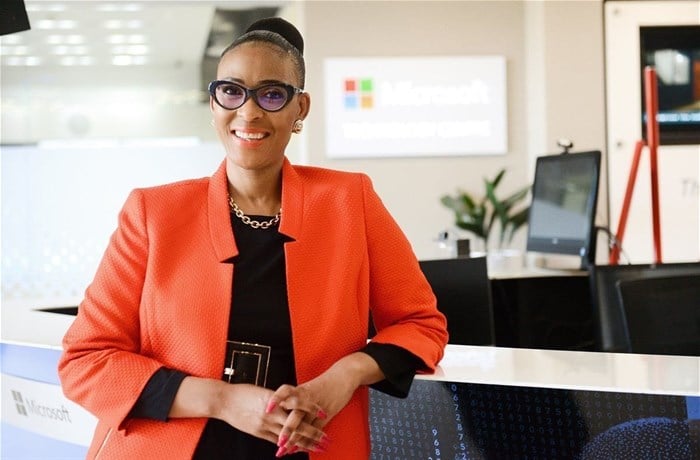Nearly 300,000 South Africans benefit from Microsoft's digital skills initiative

The announcement builds on the company’s efforts to help people by extending through 2021 free LinkedIn Learning and Microsoft Learn courses and certifications that align to 10 of the most in-demand jobs. The next stage of the initiative sets a new foundation for a skills-based economy through a suite of new tools and platforms designed to connect skilled job seekers with employers.
“Extending access to these learning paths, skills and tools comes at a critical time for South Africa: a declining economy and unemployment remain a mounting and widespread challenge in the country,” said Lillian Barnard, managing director at Microsoft South Africa.
South Africa’s economy contracted by 7% in 2020. Unemployment also increased to 32.5%, with the number of unemployed rising from 6.5 million in the third quarter of the year to 7.2 million in the fourth quarter.
“This illustrates the critical need to accelerate economic recovery, especially for those hardest hit by the impact of the pandemic. Digital skills are the most effective way to drive this recovery because of the growing shift to digital technologies and increasing demand for people with digital skills,” said Barnard.
Strategic partnerships
The value of digital skills is backed up by the success of Microsoft’s Global Skills Initiative so far, especially in South Africa. In addition to the nearly 300 000 engaged learners reached, strategic partnerships with non-profits like Afrika Tikkun as part of the initiative have also yielded success: in October last year, Microsoft South Africa provided a $150 000 - over R2.5m - grant to the youth development NPO.
This was used to extend the reach of the programme to more South Africans by recruiting job seekers into the Global Skills Initiative programme; assessing job-seekers to determine the best learning pathway for them, as well as supporting and incentivising them to access and complete at least one learning pathway; enrolling and helping job-seekers with formal certification; and sourcing work experience, job placement and entrepreneurial opportunities.
LinkedIn plans to help 250,000 companies make skills-based hires this year through new and existing hiring products. The company will provide both new ways for job seekers to demonstrate their skills and new tools for employers to connect to candidates based on their skill proficiencies including:
The pilot of LinkedIn Skills Path, a new way to help companies hire for skills.
- Skills Path brings together LinkedIn Learning courses with Skill Assessments to help recruiters source candidates in a more equitable way — based on their proven skills. LinkedIn is piloting Skills Path with various companies, including BlackRock, Gap Inc. and TaskRabbit, committed to broadening their hiring practices to better include candidates with diverse experiences.
- New expressive, inclusive and personalised LinkedIn profile features will help people share more about themselves, their career and goals in a more authentic and engaging way.
This includes a video Cover Story that allows job seekers to demonstrate their soft skills to recruiters and hiring managers. 75% of hiring managers believe a standard resume is insufficient in evaluating a candidate’s soft skills, and almost 80% believe video has become more important when vetting candidates.
- Expanded access to LinkedIn’s Skills Graph will help create a common skills language for individuals, employers, educational institutions and government agencies to help improve workforce planning, hiring and development programmes.
Individuals interested in accessing these critical digital skills can learn more on Microsoft microsite. All of the resources for the Global Skills Initiative are also available here.






































